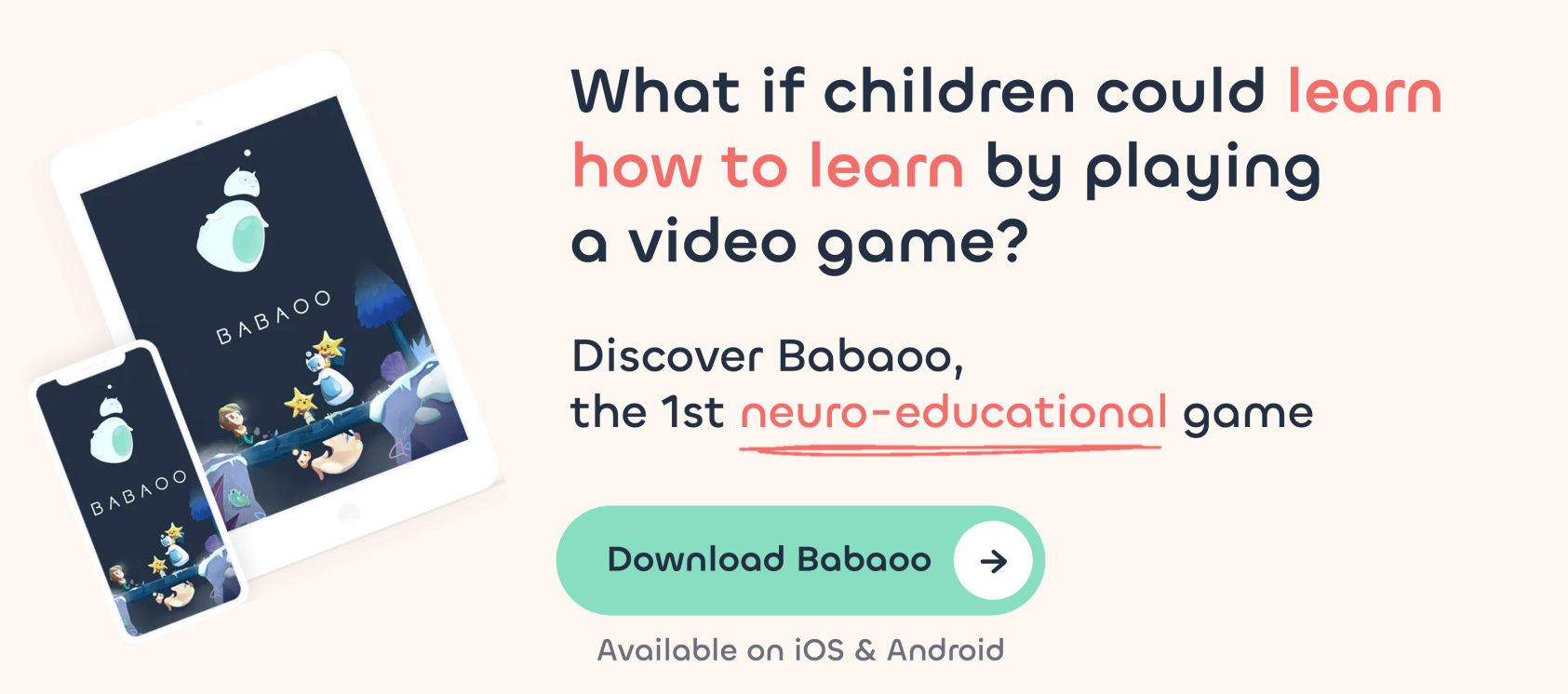
International Day of Conscience : becoming an adult aware of others

In search of peace
April 5 is International Day of Conscience, organized by the United Nations. But what exactly is it? Several definitions can answer this question: first, there’s the awareness we have of ourselves, of our knowledge, of the mistakes we make: we’re talking here about mental awareness, the “little voice” in your head. But there is also a global conscience, more human, linked to other living beings, in search of peace. It’s the latter that is highlighted on International Conscience Day. 🧠
The United Nations declares that “all men are born free and equal in dignity of reason and conscience“, but how do we help our children develop into future adults aware of this diversity? Part of the answer may lie in our relationship with Executive Functions.
Learning to be an informed citizen
As they grow up, children acquire an awareness of humanity that is shaped by all the events that affect them, from the happiest to the most unfortunate. Until a certain age, they are not yet aware of the world around them. During his first years of life, the child is unaware of others, has few interactions with strangers, and his world is summed up in himself. In short, his vision of the world is quite egocentric, and that’s normal!
It’s as he grows up that he gradually becomes aware of his surroundings: from the rules of society, to the emotional skills fundamental to becoming an enlightened and tolerant citizen, the child will gradually become aware of others and this, in part, thanks to the development of his Executive Functions. So we’re not talking about innate abilities, but ones developed as we grow up. 🎓
To help children become socially-adapted adults, it’s important that they understand the rules of society. And to assimilate them, they’ll need to develop their Attention, Inhibition, Working Memory, Flexibility and Planning.
The role of Executive Functions in socialization
The adventure of learning is a long journey that begins in the earliest moments of life. The first learnings are rather basic before becoming more complex over time: the first steps and chirps give way to learning the rules of society and mathematical formulas. Executive Functions are the cognitive foundation on which the child will be able to understand and assimilate new learning.
Awareness of the world around us is part of this learning. Thoughts, emotions, sensations circulate between our Neurons to tell us what the right solution is. The development of Executive Functions is the key to awareness of others. But how, exactly, do they have an impact? 🤯
Attention
Attention is the ability to filter information to keep only the most useful. It enables us to carry out everyday tasks without even having to think about them, and is directly involved in our awareness of the world: without Attention, it would be much harder to understand our classmates, colleagues and even family members.
Inhibition
Stop and take time to think, that’s the whole principle of Inhibition, that Executive Function to which we owe the ability to resist our impulsivity and adopt appropriate behavior depending on the situation we find ourselves in. Inhibition is associated with self-control and perseverance, two points that come into play in the awareness we can have of the world: developing our Inhibition also means learning to detach ourselves from our own perspective in order to understand that of others.
Working Memory
Working Memory enables us to keep information in our heads, but above all to manipulate and use it effectively.
When we interact with others, we also call on our Working Memory: we need to keep information about them in mind, such as their intentions, their emotions, but also extract the main, relevant information from our conversation to respond effectively, while respecting our interlocutor.
Flexibility
Mental flexibility and creativity owe their development to Flexibility. Living in harmony and awareness of others requires being able to think beyond our own beliefs. On Earth, we all have different ideas, whether about politics, religion or the name of certain pastries.
Planning
Planning is the Executive Function that allows to establish the steps of a project by anticipating obstacles, in order to reach a precise objective. Without Planning, it’s impossible for our dear children (and ourselves) to organize any activity at all. Working in synergy requires, for example, agreeing on common schedules, in the professional sphere as well as the family sphere: what time to get up or go to bed, what time to eat, how long to work and even how long to do a recommended sporting activity per day!
The Babaoo Recap
To build a culture of peace as defined by the United Nations, it’s essential to understand what it’s all about.
Because they contribute to the development of socio-emotional skills, the Executive Functions are involved in building this awareness of self, others and the environment. Through education, culture and social rules, our children acquire a more enlightened awareness of the world around them, and thus contribute to making it a better place 😀
You may also be interested in these articles

